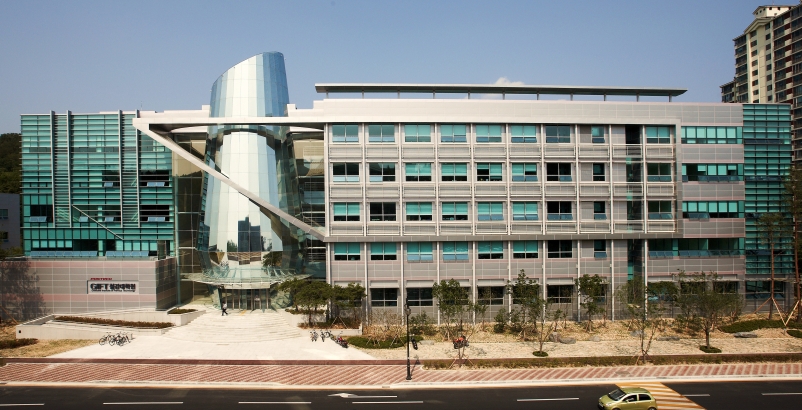A research group from South Korea’s Pohang University of Science and Technology has developed two types of perovskite solar cell using peppermint oil and walnut aroma food additives. The cells achieved efficiencies of 19.9% and 21.2%, respectively.
The two cells are based on a newly designed and synthesized novel donor–acceptor type polymer that can be dissolved in both the peppermint oil, which is also known by the name 3-methylcyclohexanone, and walnut aroma food additives, which are commonly defined as 2-methyl anisole.
The use of these two organics solvents is said to replace toxic chemicals used in previous manufacturing processes, the scientists claim.
The new dopant‐free hole transport polymer, called alkoxy‐PTEG, is able to exhibit high solubility even in nonaromatic solvents and to prevent possible lead leakage via chelation, the research team stated. The chelation is a process through which bonds between two or more separate binding sites are formed within the same ligand group and a single atom. These ligands are the sequestering agents that can prevent the lead leakage from the solar cell.
Popular content
The research team added the two cells also showed more durability than common perovskite cells. “They kept 88% efficiency after 30 days passed and exhibited high stability,” it affirmed.
The two devices are presented in the study Nonaromatic Green‐Solvent‐Processable, Dopant‐Free, and Lead‐Capturable Hole Transport Polymers in Perovskite Solar Cells with High Efficiency, published in Advanced Energy Materials.
This content is protected by copyright and may not be reused. If you want to cooperate with us and would like to reuse some of our content, please contact: editors@pv-magazine.com.



1 comment
By submitting this form you agree to pv magazine using your data for the purposes of publishing your comment.
Your personal data will only be disclosed or otherwise transmitted to third parties for the purposes of spam filtering or if this is necessary for technical maintenance of the website. Any other transfer to third parties will not take place unless this is justified on the basis of applicable data protection regulations or if pv magazine is legally obliged to do so.
You may revoke this consent at any time with effect for the future, in which case your personal data will be deleted immediately. Otherwise, your data will be deleted if pv magazine has processed your request or the purpose of data storage is fulfilled.
Further information on data privacy can be found in our Data Protection Policy.